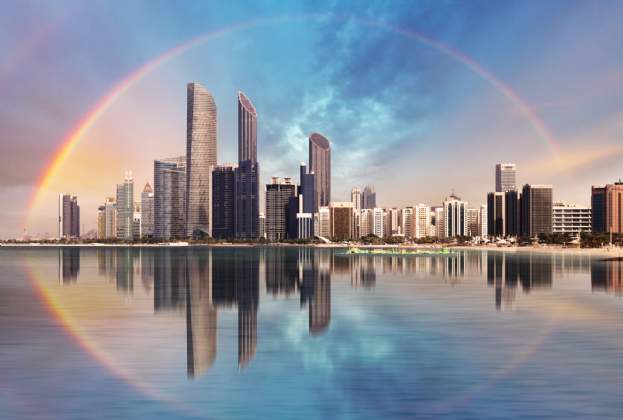On 21 March 2021, the United Arab Emirates (UAE) cabinet approved a new remote work visa system which allows employees from anywhere in the world to live and work remotely from the Emirates. The cabinet also approved a multiple entry tourist visa system for all nationalities in a move aimed at strengthening the UAE’s status as an international economic capital. The Government is seeking to take advantage of a global trend over the past year that has seen an increasing number of people working not just from home, but basing themselves in places that offer a better quality of life or the opportunity to combine personal interests with work.
The results of the recent Savills FIT survey indicate that, while demand for office space remains strong, the way we use those offices is changing. According to a recent Citrix survey, 60 per cent of respondents believe that permanent employees will become rare by 2035.
In the last six months, various mid-to-senior level executives as well as high net worth individuals (HNI) have relocated to the UAE and Dubai in particular, in a move that could see other executives and HNI’s to follow suit. In recent research, the UAE ranked as the 13th most popular country to work in across 190 countries in the survey.
With this new visa scheme, individuals will have more control over the residency status and not be bound to the traditional ‘sponsorship’ by companies.
The announcement comes at a time when the UAE is starting to emerge from the Covid-19 pandemic with several real estate sectors starting to pick up. For example, the key local hotel markets have reached or surpassed 50 per cent occupancy due to strong domestic and recent international demand, according to preliminary data and analysis from STR. Dubai’s real estate market recorded 3,787 sales transactions worth Dh7.43 billion in February, 13.8 per cent more than January in terms of volume and 8.9 per cent more in terms of value.
The construction sector saw the strongest improvement in February, with output and new work rising at the fastest rate for several months. The growth of new work was the fastest since July 2019.
We expect the recovery in the non-oil sectors of the UAE economy to gain further momentum from the second quarter of this year onwards, as global travel restrictions are eased on the back of vaccine rollouts and slowing new Covid-19 infections.
In February, Coronavirus infections in the UAE fell by 22 per cent - which is more than a fifth from a late January peak. The UAE currently ranks second globally in the daily Covid-19 vaccine distribution rate per 100 people.
The UAE has done relatively well in handling the pandemic and was among the first countries to open its borders for business and tourism. It has also introduced a number of measures to support and improve the ease of doing business along with making changes to laws allowing long-term residence in the country. The recent visa announcement has further reinforced its leadership in the region as a place for residence and business.
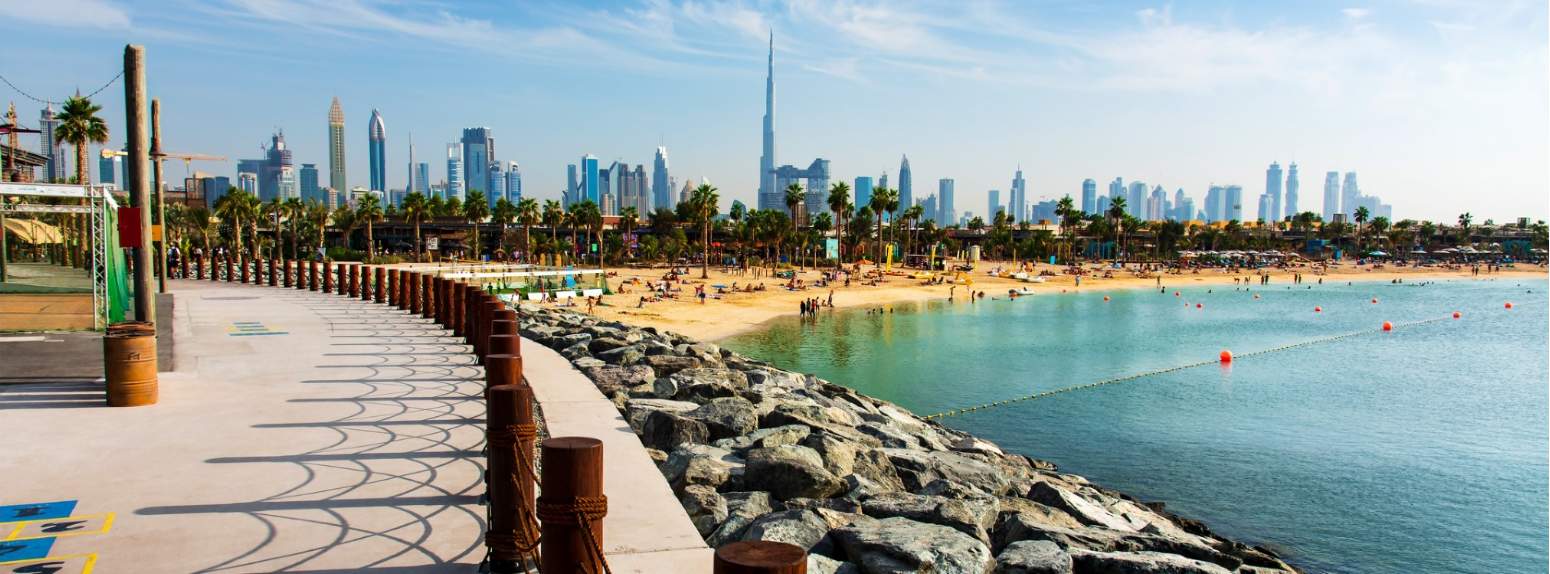
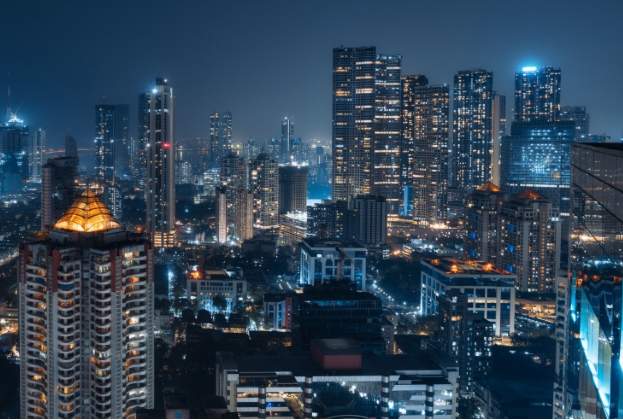
.jpg)
.jpg)
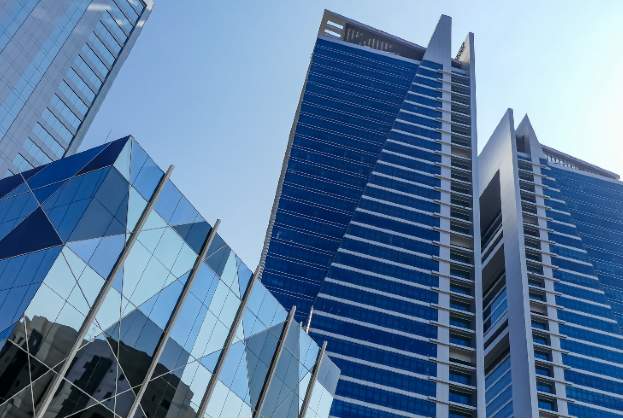

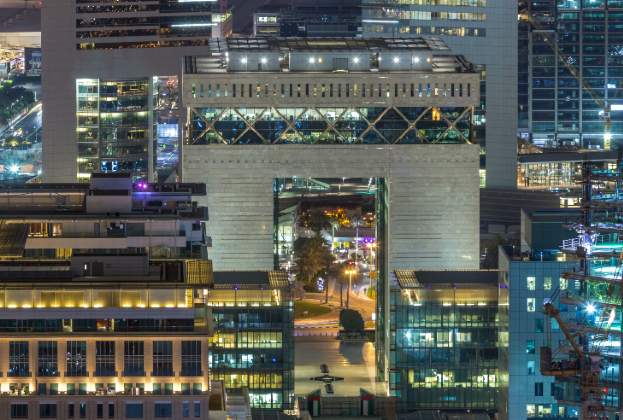


.jpg)
